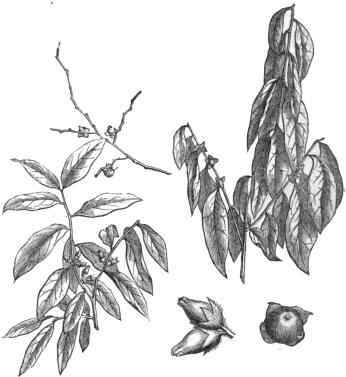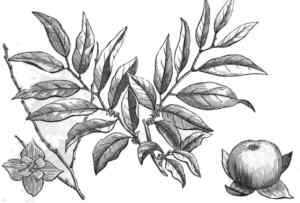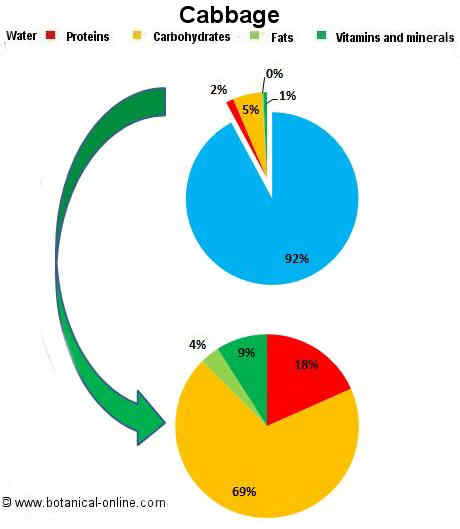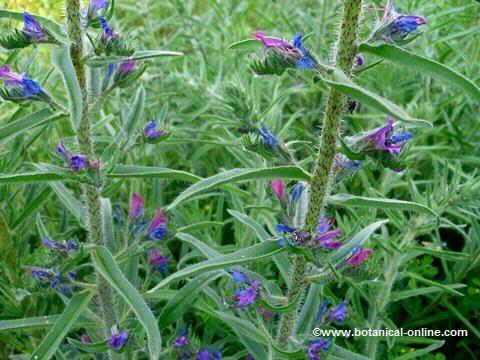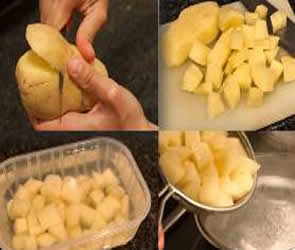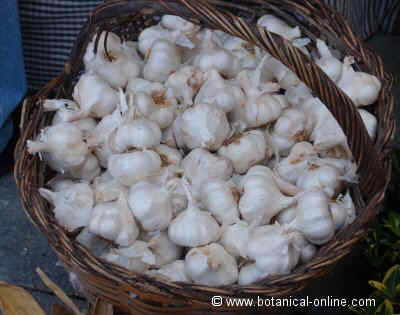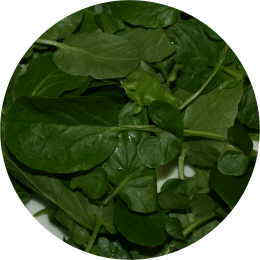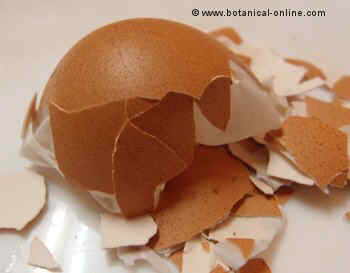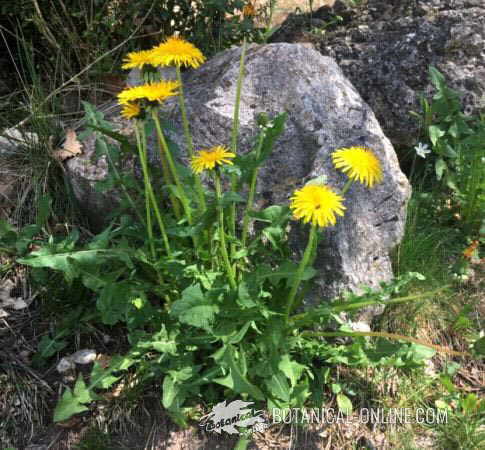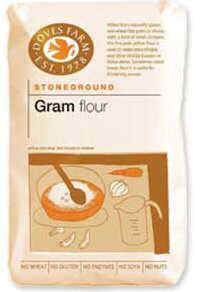Contents
Classes of persimmons
Main varieties of persimmons
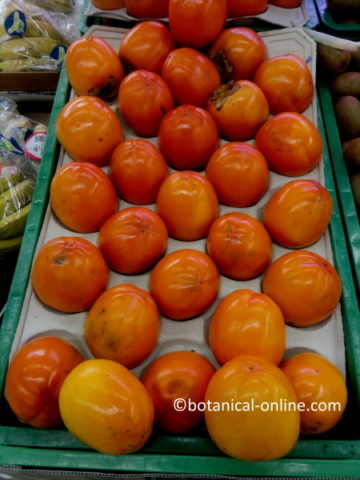
The main varieties of persimmon are divided into:
Non-astringent varieties: They are sweet varieties that can be eaten without having to undergo a process of removing astringency. Some may even be eaten when not fully mature. Among them we have the following:
- Fuyu: This is a well-known non-astringent variety. It is a very productive big tree. The fruits are bright orange, pulp is compact, strong, light orange and with very few seeds. It is usually collected in late fall or early winter.
- Jiro: A smaller tree. Very abundant in Japan, it produces very sweet yellow fruits. Typically collected in early autumn.
- Honan red: As variety Fuyu, it is a large tree with high production. Its fruits, very sweet, are orange red when ripe.
- Sharon: Israeli crossing of several varieties. It is actually a kind of kaki brand, very smooth, with low-flavor. Its astringency has been removed chemically, therefore, it can be consumed when it is still very hard.
Astringent varieties: These varieties of bitter taste and high astringency have to be allowed to ripen on the tree very well and, then, they have to undergo a process to remove astringency. To attain it, they have to be subjected to alcohol vapors or stored in cold.
In compensation for their astringency, they differ from non-astringent varieties, in fact, they do not have any seeds. The good “gourmet” consider these superior varieties tho the other ones because they say these astringent varieties possess “more complex” flavours. The main varieties include the following:
- Hachiya: One of the most recognized astringent variety. This is a big and productive tree. The fruit looks like a bright orange cone. Typically collected from mid-autumn to early winter.
- Eureka: Unlike the previous one, it is a small size tree, but very productive. It is an American variety enduring lack of water and cold very well.
- Koushu-Hyakume: Mainly used for drying.
Main species of persimmons
The four most commonly used species of persimmons are:
- The Japanese persimmon or kaki (Diospyros kaki): It is the most used because of its fruits. Extensively studied in our article.
- The American persimmon (Diospyros virginiana): It is a dioecious tree up to 20 meters. Short trunk and very long and drooping branches. Leaves oblong, acute, long petiolated, hairy beneath. Pale yellow flowers appear in July.
- The Date plum (Diospyros lotus): A species of persimmon from southeastern Asia and southwestern Europe. It grows from eastern Asia to the southern Mediterranean, being especially grown in the Caucasus from 600 m from sea level. It can climb to 2000 m.
- The Texas persimmon, Mexican persimmon, chapote, chapote prieto o chapote manzano (Diospyros texana) species of persimmon, from Texas and New Mexico. A tree or shrub up to about 3 m high, with numerous stems bearing reddish gray bark that breaks down as the tree becomes adult and appear in shades of pink, gray or white. (More)
A drawing of American persimmon (Diospyros virginiana)
A drawing of date plum (Diospyros lotus) |
Species of persimmons (Diospyros)
There are between 450 and 500 species of the genus Diospyros. Among the main we can point out the following:
Diospyros acreana Diospyros acris Diospyros acuta Diospyros ambigua Diospyros amplexicaulis Diospyros artanthifolia Diospyros assimilis Diospyros australis Diospyros bambuseti Diospyros boliviana Diospyros canaliculata Diospyros canomoi Diospyros celebica Diospyros chloroxylon Diospyros ciliata Diospyros crassiflora Diospyros confertifolia Diospyros cooperi Diospyros crassinervis Diospyros digyna Diospyros discolor Diospyros ebenaster Diospyros ebenum Diospyros fasciculosa Diospyros feminina Diospyros fischeri Diospyros glauca Diospyros hayatai Diospyros humilis | D. insularis Bakh Diospyros kaki Diospyros klaineana Diospyros kurzii Diospyros lancifolia Diospyros letestui Diospyros lotus Diospyros mabacea Diospyros macrocalyx Diospyros major ( Diospyros maritima Diospyros marmorata Diospyros melanoxylon Diospyros mespiliformis Diospyros miaoshanica Diospyros multiflora Diospyros pavonii Diospyros pentamera Diospyros pterocalycina Diospyros sanza-minika Diospyros sandwicensis Diospyros siamang Diospyros subrotata Hiern Diospyros texana Diospyros trichophylla Diospyros ulo Diospyros villosa Diospyros virgata Diospyros virginiana |
![]() More information on persimmon.
More information on persimmon.

